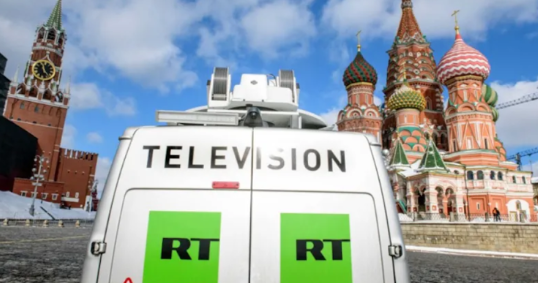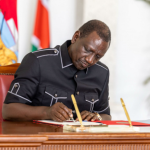Meta, the parent company of Facebook, Instagram, WhatsApp, and Threads, has announced a global ban on several Russian state media networks, including Rossiya Segodnya and RT. The company cites these outlets’ use of deceptive tactics for influence operations and evasion of detection on its platforms as the reason for the ban.
This move represents a significant escalation in Meta’s approach to dealing with Russian state media, which had previously faced restrictions such as ad bans and limited content reach.
RT, responding through newsreader Eunan O’Neill, denied the allegations, asserting that the broadcaster and Russia as a whole reject the accusations against them. The bans are set to take effect in the coming days.
This action comes amid increased scrutiny of Russian state media, which is accused of attempting to influence Western politics. Earlier this month, the US indicted RT for allegedly paying a Tennessee firm $10 million to produce and distribute content with covert Russian government messaging.
The indictment revealed that videos promoting right-wing narratives on issues such as immigration and gender were secretly managed by RT employees. Additionally, US Secretary of State Antony Blinken recently announced new sanctions against RT, labeling it a “de facto arm of Russia’s intelligence apparatus.”
Meta’s decision aligns with similar measures taken by other social media platforms following the start of the war in Ukraine, responding to requests from the EU, UK, and Ukraine to block Russian state media in those regions.
The top US diplomat told reporters on Friday that RT was part of a network of Russian-backed media outlets which have sought to covertly “undermine democracy in the United States”.
He added that the Russian government has “embedded within RT, a unit with cyber-operational capabilities and ties to Russian intelligence”.
RT livestreamed Mr Blinken’s remarks on X and declared it the “US’s latest conspiracy theory”.



